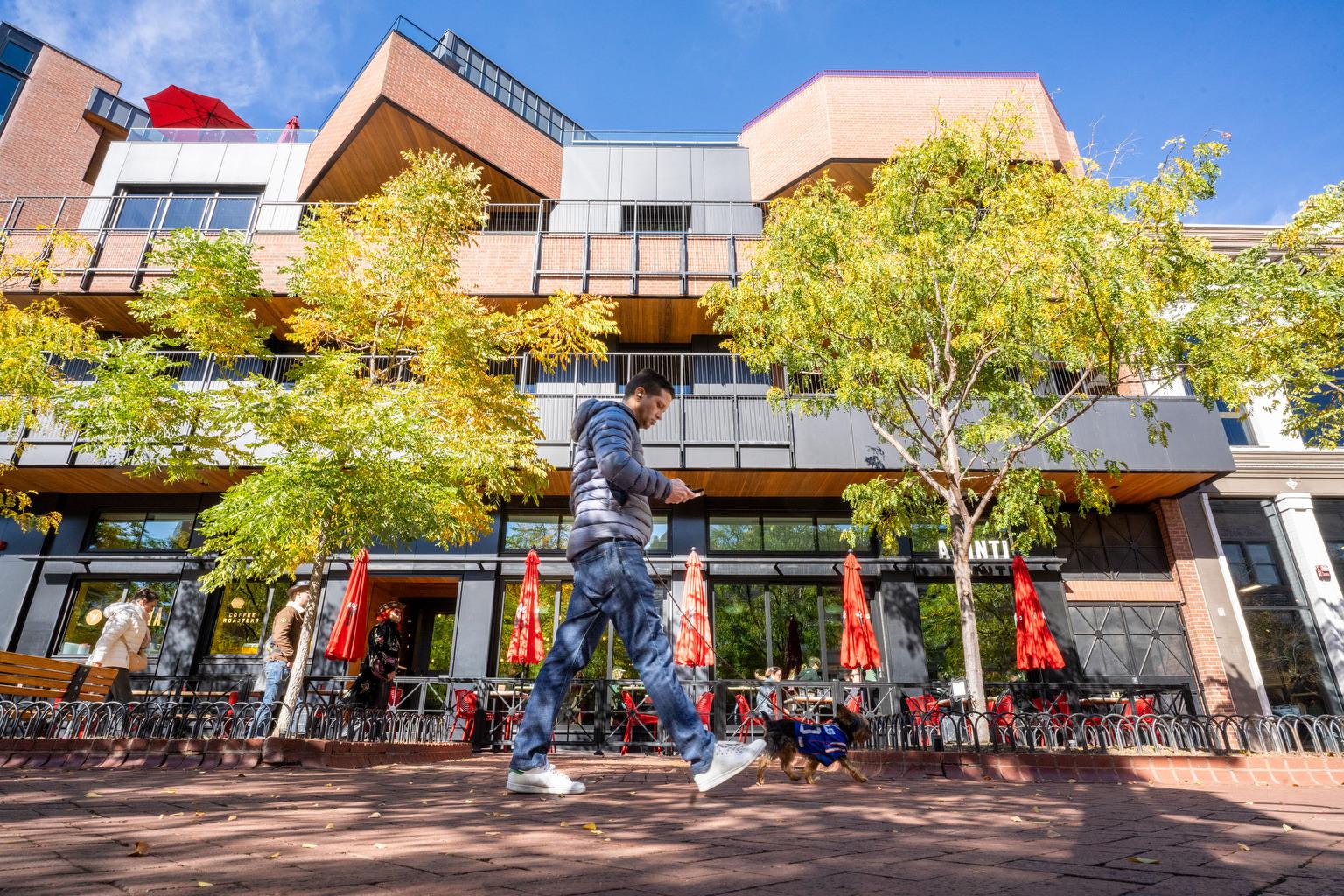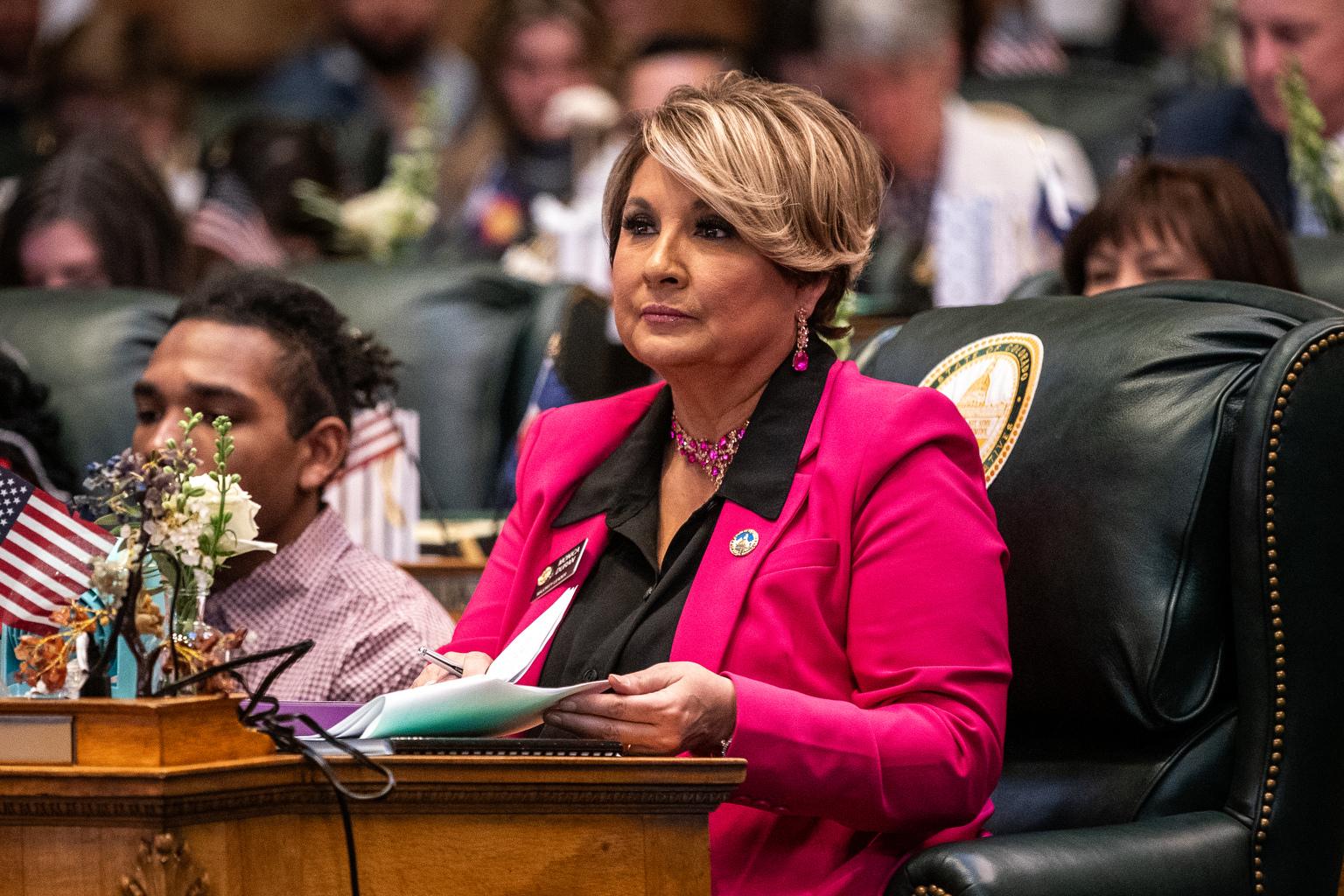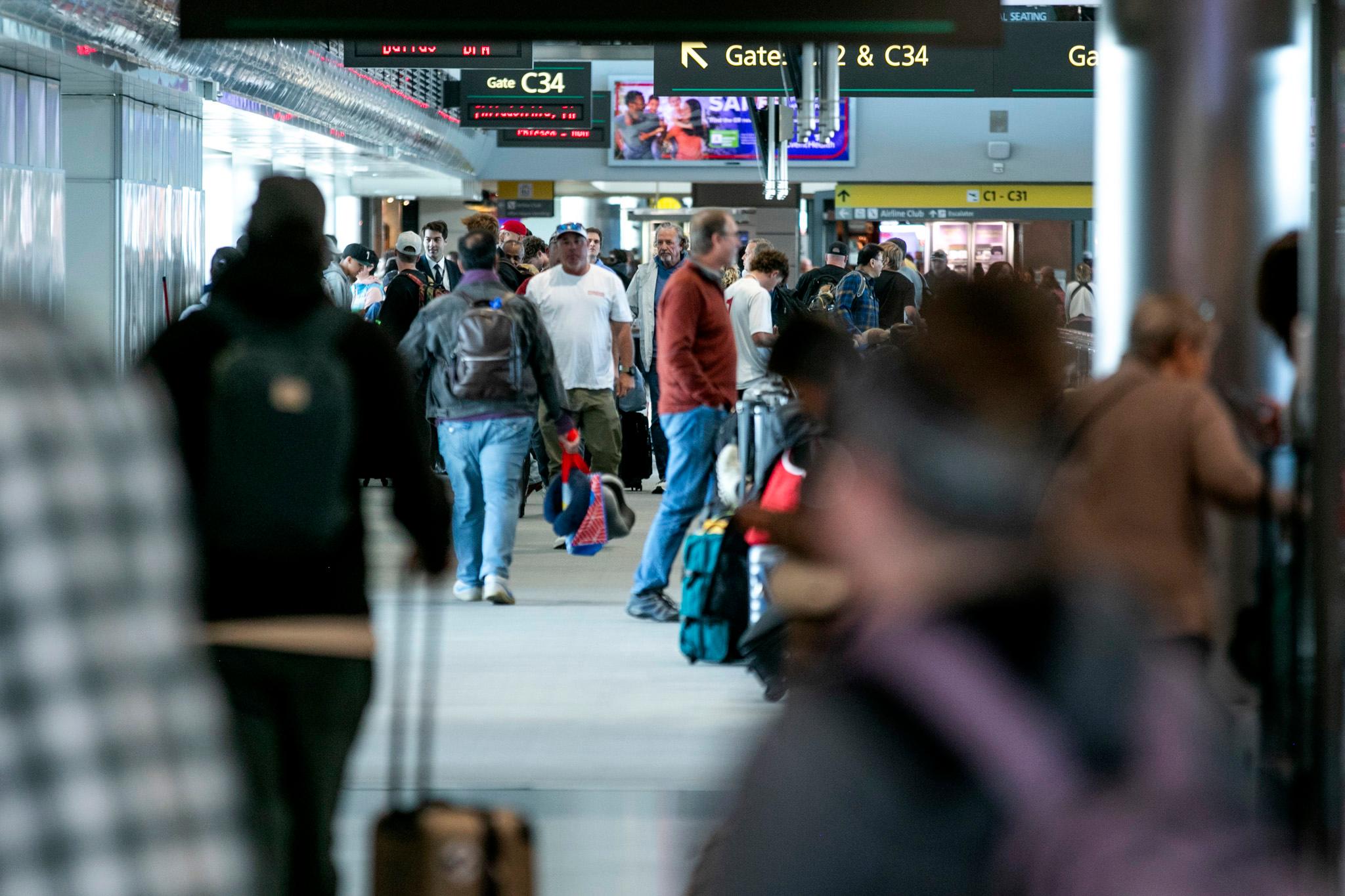
Boulder’s Elevate pilot program — aimed at providing monthly, unconditional cash stipends to low-income households — is showing early signs of promise.
According to a report released this week, participating households were better able to pay housing and utility costs by paying them on time and not accruing debt, were more food secure, and gave them more flexibility — like spending time with family or being able to afford activities outside of housing and food costs.
“Even at the eight-month mark, the report shows that upwards of 90% of participants feel that they are better able to reach their financial goals, that's quite significant,” Elizabeth Crowe, Deputy Director of the city’s Housing and Human Services department, said. “We're really thrilled and we hope that this is just an early day's indication of what will be some even deeper impacts to come.”
Boulder launched Elevate at the beginning of this year. The report, released by the city this week, evaluated how the program has been doing thus far.
The program offered 200 Boulder households $500 per month for the next two years — funded through the American Rescue Plan Act (ARPA), President Biden’s economic relief package designed to support Americans affected by the COVID-19 pandemic.
Of the $20.15 million in federal funds the city received, the city allocated $3 million to support Elevate — $2.4 million to fund the stipends themselves, and the rest to pay the outside consultancy firms and nonprofits who helped build the program.
According to Crowe, applicants had to meet several criteria to qualify for the program: they needed to live within city limits, be at least 18 years old, and have an annual income between 30% and 60% of Boulder’s median income — equivalent to roughly $30,000 to $60,000.
From there, qualifying applicants were selected out of a lottery system.
According to the report, which was produced by the Omni Institute, an outside consulting firm based in Denver, the majority of the participants in the program were families. The Omni Institute was also involved in the creation of the pilot program and managed the lottery process which participants were selected through.
According to Crowe, the federal funding allowed Boulder to “test drive” a program that the city has hoped to spearhead “for years.” However, the city has not yet determined whether or not it will move from a pilot to a permanent project after the federal dollars run out. That will require hunting down additional external funding. But Crowe says after seeing the first report, she’s hopeful that the program will extend beyond the first two years.









